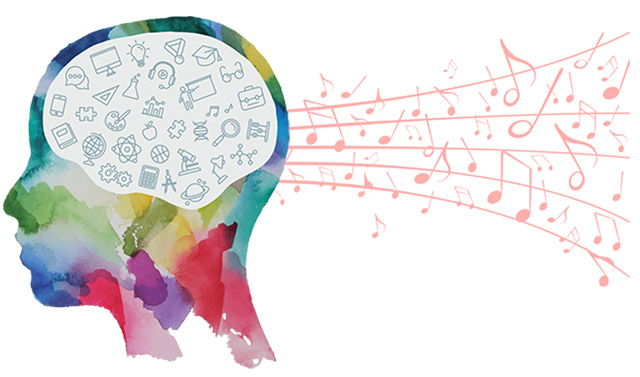
-- Laura Ferreri, PhD, post-doc researcher and associate professor at Barcelona University
Neuroscientists have found that music stimulates the limbic and orbitofrontal regions of the brain which are associated with long-term memory and concentration. At Studytracks we call this the “hook”, or the catchy part of a song. This is the reason why song lyrics are so easy to memorize. Just imagine if Algebra or the causes of the American Revolution were as easy to remember as the lyrics to your favorite song. We have utilized the power of the “hook” and combined it with school curriculums to create lessons that are easy to teach, easy to memorize and also recall.
-- High school teacher, United Kingdom

of students were able to retain all information from the first round of testing or improve their test score in at least one of the in-app quizzes.
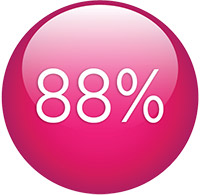
of students were able to retain or improve their score when it came to filling in the missing word from lyrics/text that appeared in the app.

of students improved on their score from the first test. This test was conducted 2 weeks after the pre-test. Students were tested again without listening back to the track.
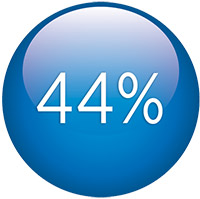
of students increased their score in at least one of the recall exercises.
* Research performed by an independent company Dubit in May 2017 demonstrated the power of Studytracks.
On average, students scored 81% in the pre-test
On average students spent 25 seconds less completing quizzes in the post-test in comparision to the pre-test
Students were able to retain information over a two week period. 75% were able to retain or improve their in-app quiz score from the first week of testing
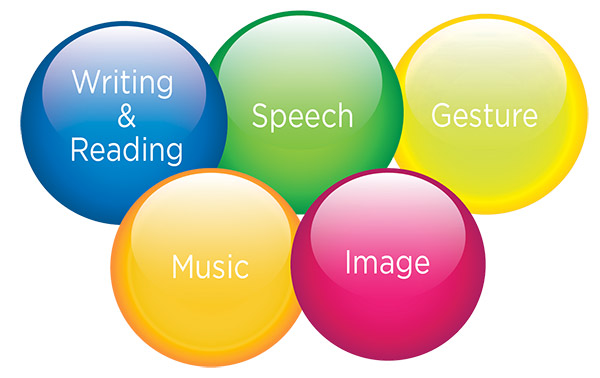
Contemporary communication practices with digitaltechnology are often made in a combination of different modes. This is known as multimodal communication, for example, a website will usually combine all of the above modes. As a result, the success of the app is because it uses more than one mode: music,speech, image and reading.
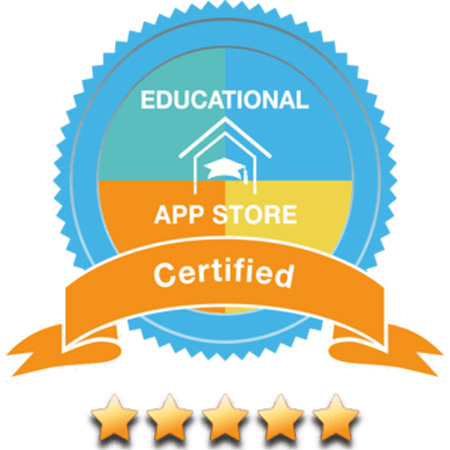
Students wearing headphones don't have to just be listening to music. With this app, they can be revising very effectively wherever they are.
Ever since the educational app industry noticed that more and more students have their own mobile devices, it has tried to find ways to utilise these capable items. This app is certainly an interesting approach to this.
Whereas most apps have taken a flashcard or multiple-choice test approach to revision, this one puts its emphasis firmly on the aural aspect. Perhaps its developers noticed that not only do most students have a mobile device but that they also have headphones. And they love to use them.
The app doesn't set out to be an encyclopaedia - it does not concentrate on the small details or how to interpret them. Its focus is on the key points. This is ideal as a well-prepared student will be able to weave their analyses and explanations from what they have practised in lessons. It is the starting points and key facts that form the kernel of their answers that students must ensure that they can recall from scratch. This app is designed to help with this.
Each main subject is split into general topics and then sub-topics. For example, history has a First World War section. This is then split into appropriate parts. Each one of these then has its key points presented as a roughly three-minute recording. These aren't just dryly read out but delivered to a musical backing to the spoken word and using frequent repetition. It hasn't made the mistake of trying to hard to be in the style of music to which students may be listening. Such an approach would be doomed to failure. Instead, each one is quite listenable and feels modern without suggesting that it is trying to be something it could not be. The length feels right and the developer's idea that the facts will embed themselves into to the users' memory feels well-founded. The recordings' style of delivery and their words do feel like they will 'stick'.
Student's won't necessarily be using this in a lesson but it will fit seamlessly into their normal lives. A quick listen on the bus, walking to school, or at lunchtime and the knowledge will be constantly refreshed. The self-conscious student won't even need to show that they are learning - to the observer they will be doing nothing more than listening to music. The app awards points on each lesson, so users can congratulate themselves on the time that they have spent immersed in its content. Its interface is extremely smooth and usable.
Coverage is excellent, accurate, and well selected. The sciences and humanities subjects are covered very well. In the free app, students can access a limited number of topics but this can be expanded on a "when needed" basis with in-app purchases. Quizzes can also form a part of this expansion. An effective appraisal can definitely be made from the free version and its purchase model is fair, allowing as it does, for students to tailor the content to their own needs.
It is rare that a new approach to revision is developed and rarer still for it to be genuinely useful. Studytracks manages both admirably.